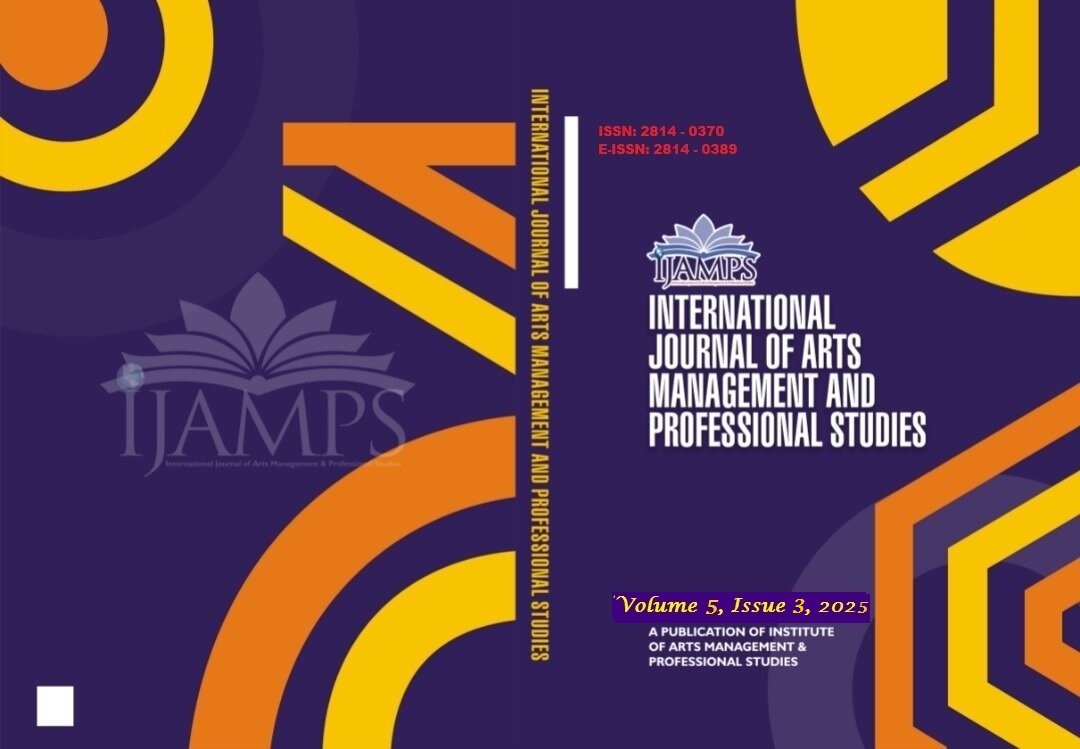
The Impact Of Political Influence On Judicial Decisions In Electoral Cases In Nigeria
Dr. Bassey Moses Ogar
Volume 5, Issue 3, September 2025
This study investigated the impact of political influence on judicial decisions in electoral cases in Nigeria, analysing 2,143 electoral petitions filed between 2003 and 2023. To assess the impact of political factors, including co-partisan judges, unified government, and media coverage, this study employed a multivariate logistic regression analysis that estimated the relationship between political factors and judicial decision-making. The results showed that co-partisan judges were 134% more likely to make pro-government decisions; at the same time, the unified governments raised the probability of making favourable government decisions by up to 89%. High media coverage led to a decrease in pro-government rulings by a third in the wake of the realisation that the public has the power to demand justice. There were differences between each region, with the Southeast region registering a 15% overturn rate and the North-West region registering 8%. They also discovered that there was a decline in judicial independence by 22% during the election year due to political influences on the judges. These findings supported the strategic judicial behaviour theory and the principal-agent model and corroborated the notion that the behaviour of the judges is partisan. The study, therefore, recommended electoral-judicial reform in Nigeria to enhance judicial sovereignty, diminish influence, and make the judicial body's decisions responsive to the sovereignty of the voters. Among them were the proposal to recommend merit as the basis for appointing judges, the financial independence of courts, and changes regarding the burden of proof in electoral cases.